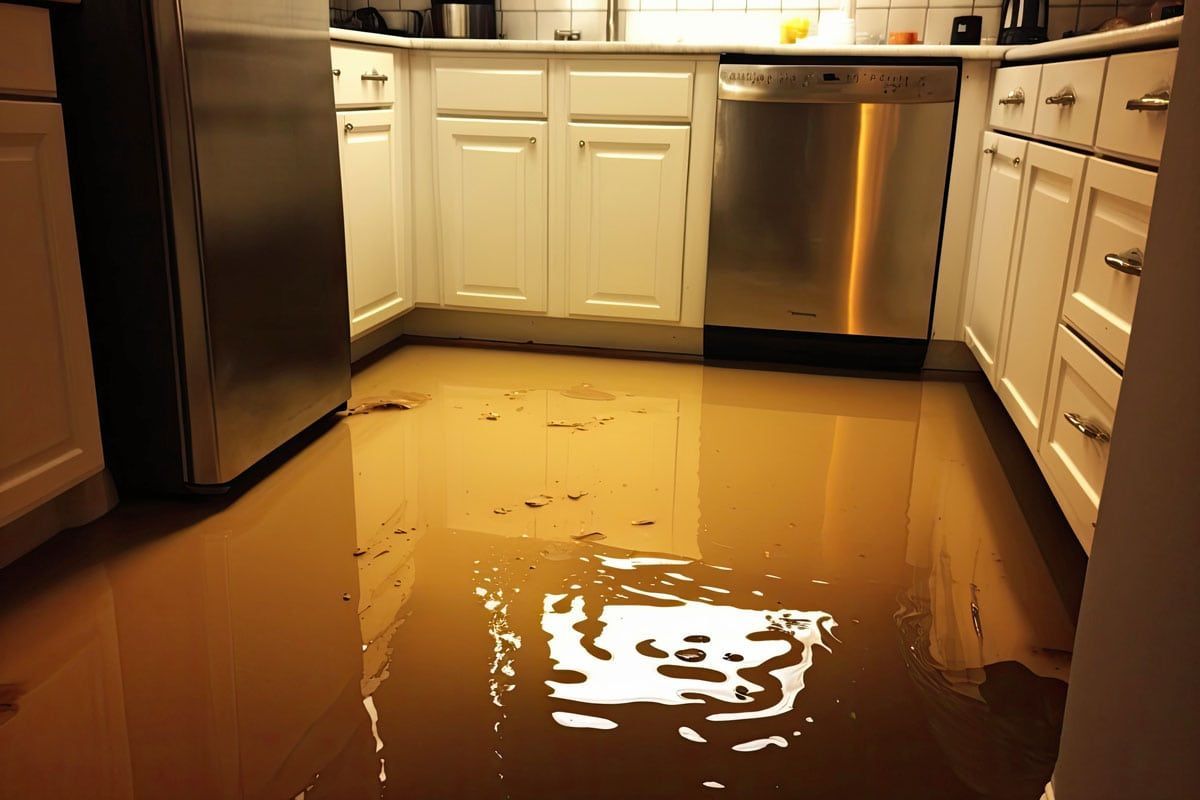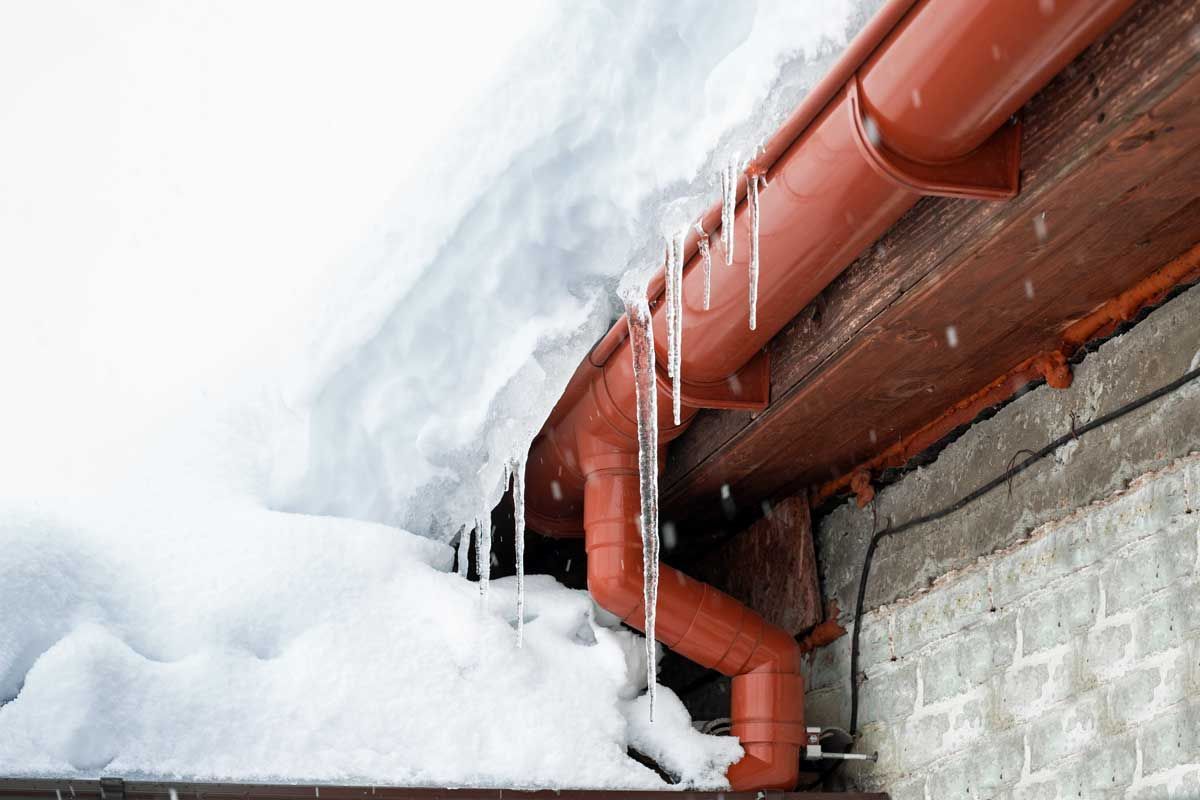Prevent Basement Flooding During Spring Rains

As spring approaches, the promise of warmer weather and blooming flowers brings with it the inevitable showers. While these rains are essential for rejuvenating nature, they can also cause significant trouble for homeowners—especially those with basements. Flooding can lead to damaging mold, structural issues, and costly repairs. Luckily, with proactive steps, you can safeguard your home from unwanted water intrusion.
In the event that your basement does flood,
expert water mitigation services are available to help address the damage quickly and effectively. However, it’s best to take preventive action before the rains arrive.
Here are some crucial tips to protect your basement from flooding during the spring showers.
Essential Tips for Preventing Basement Flooding
- Install a Sump Pump
One of the most effective ways to prevent basement flooding is by having a sump pump installed. This device collects excess water that accumulates in the basement and pumps it away from your home. For optimal performance, ensure your sump pump is in good working order, especially before the rainy season begins. Conduct regular maintenance and consider a backup power source to keep it operational during power outages. - Maintain Your Gutters and Downspouts
Clean gutters and downspouts are essential for directing rainwater away from your home’s foundation. Clogged gutters can overflow, leading to water pooling around your basement. Make sure to clean your gutters at least twice a year and extend downspouts at least five to six feet away from the foundation to redirect water flow. - Grade Your Landscape
Proper landscaping can be a game changer in preventing basement flooding. Ensure that your yard is graded away from your home’s foundation. The soil should slope downwards at least six inches over the first ten feet. This will help rainwater runoff flow away from your home instead of pooling near your basement walls. - Check for Cracks and Gaps
Regularly inspect your basement for cracks in walls and floorsthat may allow water to seep in. Seal any gaps using hydraulic cement or an appropriate waterproofing sealant. Additionally, check window wells for proper drainage and install covers to keep debris and rainwater out. - Install a French Drain
A French drain is a trench filled with gravel that directs water away from your foundation. If your basement has a recurring water problem, consider having a French drain installed around the perimeter of your basement. This can help manage water accumulation and keep your basement dry. - Waterproof Your Basement
Applying a waterproof coating to the inside of your basement walls can help prevent moisture from seeping in. A professional can help you select the right waterproofing products and techniques for your specific needs.
- Consider a Dehumidifier
Excess moisture in the air can promote mold growth. Using a dehumidifier in your basement can help keep humidity levels in check, especially during rainy seasons. Ensure proper ventilation to help reduce indoor humidity.
Protect Your Home with Professional Assistance
Spring showers don’t have to lead to basement flooding and costly damage. By following these proactive tips, you can significantly
reduce the risk of water intrusion this season. From installing a sump pump to maintaining proper landscaping, every measure counts.
In case of flooding or any water-related issues, don’t hesitate to reach out to professionals who can help with restoration and mitigation. Their expertise can make a significant difference in protecting your home and providing peace of mind.
Stay dry and secure this spring season!
Contact us today!
You might also like
Book a Service Today
We will get back to you as soon as possible
Please try again later




